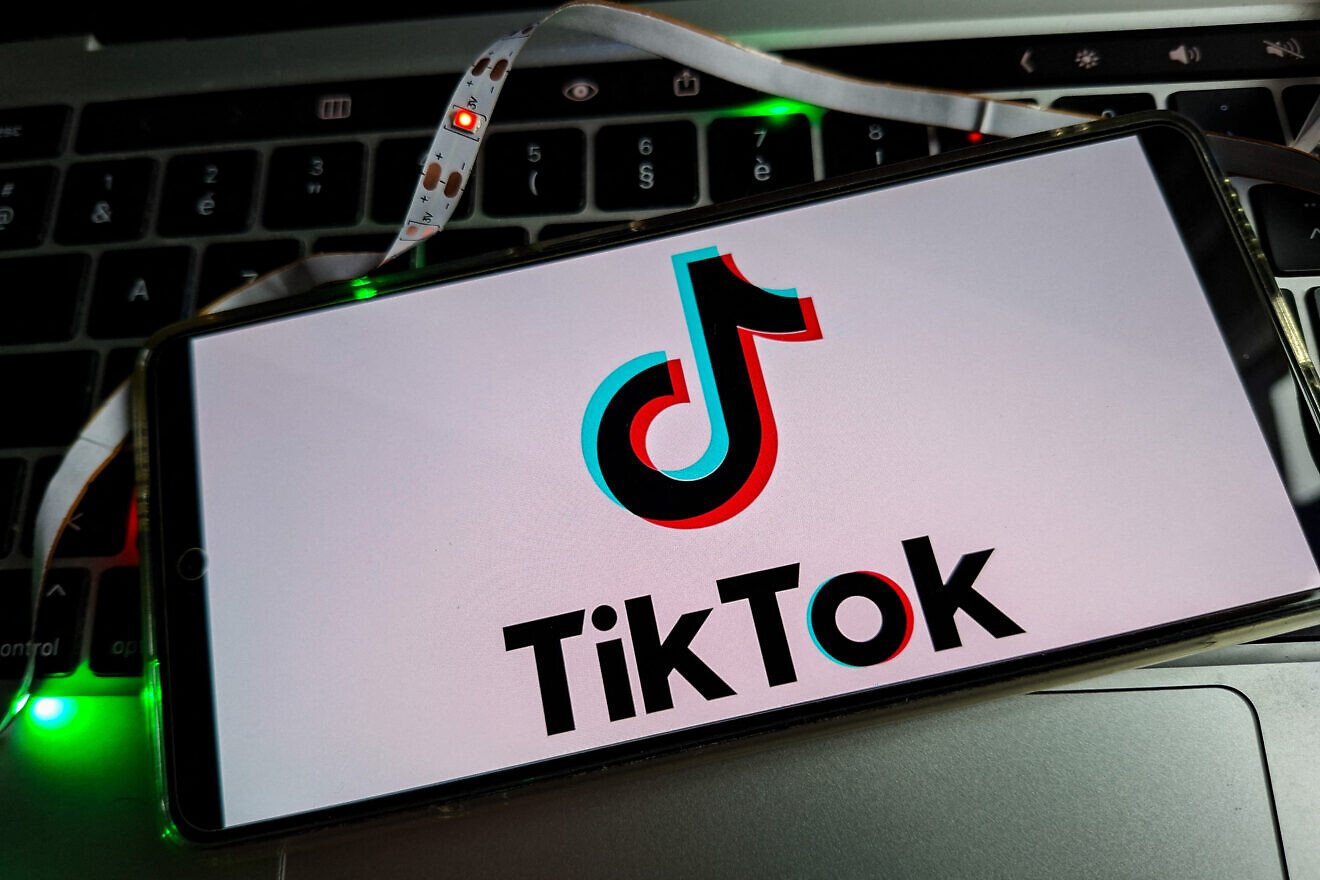by JNS Staff
A US study finds 17 pro-Palestinian posts for every pro-Israeli one on the social-video platform, but says they tend to get the same traction online.

A study by the research center Cybersecurity for Democracy (C4D), conducted in partnership with New York University (NYU) and Northeastern University, has revealed the extent to which the social-video platform TikTok amplified pro-Hamas content in the Israel-Gaza war discourse.
The analysis, published ahead of the second anniversary of the Oct. 7, 2023, attacks, found that for every pro-Israel video posted, roughly 17 pro-Palestinian videos appear on the platform.
According to C4D’s updated research, “the ratio of pro-Israel to pro-Palestine content has remained very similar as in our original analysis … Currently, roughly one pro-Israel post appeared for about every seventeen pro-Palestine posts.”
The study highlighted that the average pro-Hamas video received about 11,500 views, compared with roughly 2,400 for pro-Israel videos.
Yet averages can mislead, it said. The median pro-Palestinian clip had only 472 views, while the median pro-Israel video had 565 views, indicating that a small number of pro-Palestinian videos went viral, skewing the numbers.
“The bulk of the pro-Palestine and pro-Israel videos are getting largely comparable numbers of views,” the researchers noted.
The study painted a stark picture of polarized discourse on TikTok. “There are almost no videos with both pro-Israel and pro-Palestine hashtags in our dataset,” it said. “The videos in question sometimes speak to an imagined opponent … but they do not appear to actually talk to one another.”
In terms of engagement, pro-Palestinian videos posted slightly better per-view interaction: on average 12.6 “likes” per 100 views and 0.2 shares, versus 8.5 likes and 0.1 shares for pro-Israel content.
The study raised questions about how generational and algorithmic dynamics are shaping wartime narratives. It noted that TikTok’s user-base skews young and cites Pew Research polling showing that “50% of Republicans under 50 now say they have a negative view of Israel, while 71% of Democrats under 50 say the same.”
For Israeli officials and media observers, the findings underscore a challenge in reaching younger audiences online. “Pro-Israel content in our dataset seemed to exist within a zeitgeisty community of Jewish Zionists,” the report remarked. “Top pro-Israel content mainly included discussions of incidents of antisemitism and short entertainment-oriented responses.”
In Washington, the study revived calls among some U.S. lawmakers to reconsider TikTok’s presence and its algorithmic impact. In September, President Donald Trump signed an executive order approving a proposal to keep TikTok alive in the United States.
At the time, the Jewish Federations of North America (JFNA) urged the president to ensure that any deal over the sale of TikTok include concrete steps to address antisemitism on the platform.
“As the details of this deal are finalized, we urge you to ensure that the agreement requires the new owners to take concrete and sufficient steps to purge this powerful social media platform of the pervasive antisemitism which is inciting violence against the Jewish community in America and creating a hostile environment for Jews in schools, in the workplace and in our communities,” JFNA leaders wrote in a letter to Trump signed by Board Chair Gary Torgow, Public Affairs Committee Chair Jason Wuliger and President and CEO Eric D. Fingerhut.
JNS Staff
Source: https://www.jns.org/tiktok-amplified-pro-hamas-content-during-israel-gaza-war/
No comments:
Post a Comment